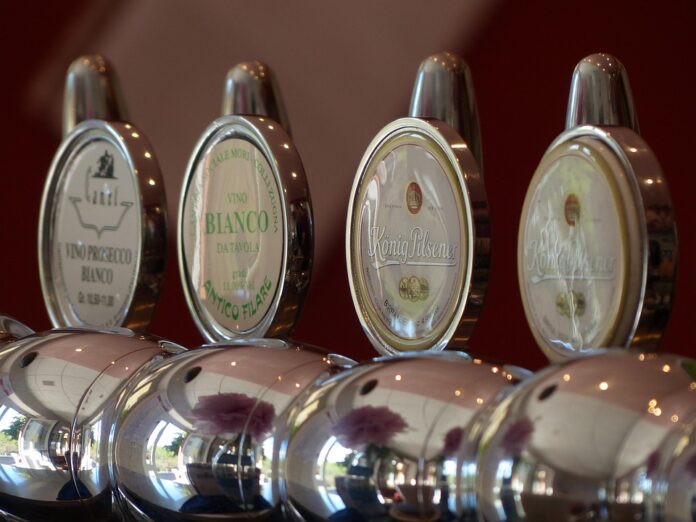Introduction
In recent years, there has been a growing global concern over the environmental impact of plastic waste, particularly single-use plastics like beverage caps. As a result, many companies are increasingly turning to eco-friendly alternatives in an effort to reduce their carbon footprint and contribute to sustainability goals. This report will explore the eco-friendly beverage caps market, including the financial implications, industry trends, and key players in the field.
Market Overview
The global market for eco-friendly beverage caps is expected to experience significant growth in the coming years, driven by increasing consumer demand for sustainable packaging solutions. According to a report by Grand View Research, the market is projected to reach $1.8 billion by 2025, growing at a CAGR of 5.8% from 2020 to 2025. This growth is fueled by a combination of factors, including government regulations promoting eco-friendly practices, shifting consumer preferences towards sustainable products, and the rise of the circular economy.
Environmental Impact
Plastic beverage caps are a major contributor to plastic pollution, with millions of caps ending up in landfills and oceans every year. These caps can take hundreds of years to decompose, releasing harmful chemicals into the environment in the process. By switching to eco-friendly alternatives like compostable caps made from plant-based materials, companies can significantly reduce their environmental footprint and help combat plastic pollution.
Financial Implications
While the initial cost of eco-friendly beverage caps may be higher than traditional plastic caps, companies can benefit from long-term cost savings by reducing their reliance on fossil fuels and avoiding potential fines for non-compliance with environmental regulations. Additionally, consumers are increasingly willing to pay a premium for sustainable products, providing companies with a competitive advantage in the market.
Industry Insights
Several companies have emerged as leaders in the eco-friendly beverage caps market, offering innovative solutions to address the environmental challenges posed by traditional plastic caps. One such company is Avantium, a Dutch biotechnology firm that has developed a plant-based alternative to plastic bottles and caps. Avantium’s caps are fully recyclable and biodegradable, offering a sustainable option for beverage companies looking to reduce their plastic footprint.
Consumer Trends
Consumer awareness of environmental issues is on the rise, leading to a shift in preferences towards eco-friendly products. According to a survey by Nielsen, 73% of consumers are willing to change their consumption habits to reduce their environmental impact. This trend is driving demand for sustainable packaging solutions, including eco-friendly beverage caps made from renewable materials.
Regulatory Landscape
Governments around the world are implementing stricter regulations on single-use plastics, including beverage caps, in an effort to reduce plastic waste and promote sustainability. The European Union, for example, has banned several single-use plastic items, including plastic straws and cutlery, with caps likely to be included in future legislation. Companies operating in the beverage industry must stay ahead of these regulatory changes to remain compliant and maintain consumer trust.
Conclusion
Eco-friendly beverage caps offer a promising solution to the environmental challenges posed by traditional plastic caps. With the global market for sustainable packaging solutions on the rise, companies that invest in eco-friendly alternatives stand to benefit financially while contributing to a more sustainable future. By aligning with plastic reduction goals and embracing innovative technologies, the beverage industry can lead the way towards a greener, more sustainable world.




